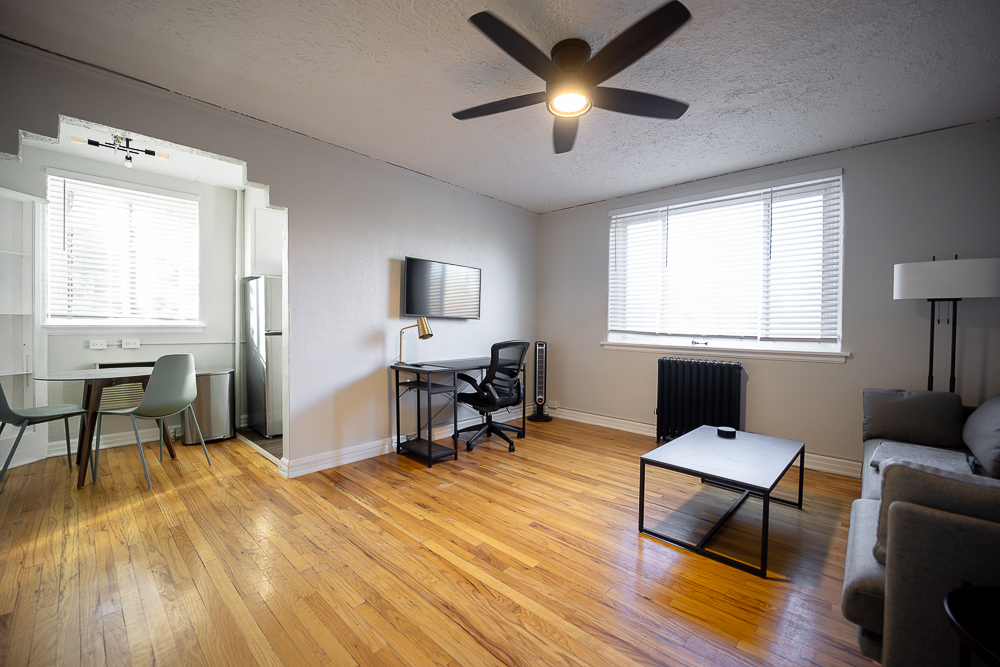The Impact of Renovation on Property Value: A Denver Case Study
In the bustling Denver multi-family apartment market, renovations are a strategic tool used by property owners to increase value and attract tenants. But what is the actual impact of these renovations on property value? Let’s delve into a Denver case study to understand the tangible benefits of renovating your property.
Background of the Denver Market
Denver’s real estate market has seen a consistent rise in demand for multi-family properties, driven by the city’s growing population and vibrant economy. In such a market, standing out is crucial, and renovations can be a game-changer.
Case Study Overview
Consider a mid-sized apartment complex in Denver that underwent significant renovations in 2023. The property, initially valued at $2 million, comprised 20 units, each about 800 square feet. The renovation project focused on modernizing the units, upgrading common areas, and enhancing energy efficiency.
Renovation Details
- Unit Upgrades: Each unit received a kitchen and bathroom makeover, featuring new countertops, modern appliances, and updated fixtures.
- Common Area Enhancements: The lobby and hallways were refreshed with new lighting, seating, and art reflecting Denver’s cultural vibe.
- Energy Efficiency: Solar panels were installed, and all units were fitted with energy-efficient windows and LED lighting.
Financials of the Renovation
The total cost of the renovation was $500,000, with funding sourced from a combination of reserves and a small loan. The goal was to enhance the property’s appeal and increase rental income.
Post-Renovation Analysis
- Increased Rental Income: Post-renovation, the average rent per unit increased by 15%. This hike was attributed to the modern amenities and energy-efficient upgrades.
- Higher Occupancy Rates: The occupancy rate increased from 90% to 97%, as the renovations attracted more tenants seeking modern, eco-friendly living spaces.
- Reduced Operating Costs: Energy-efficient upgrades led to a 20% reduction in utility costs, contributing to lower operating expenses.
Impact on Property Value
- Appraised Value: Following the renovations, the property was appraised at $2.7 million, a 35% increase in value.
- Return on Investment (ROI): The ROI on the renovation was significant, with the increase in property value far exceeding the renovation costs.
- Market Positioning: The property became a top choice in its segment, standing out for its modern amenities and eco-friendly features.
Lessons Learned
This case study highlights several key takeaways for property owners in Denver:
- Strategic Renovations Pay Off: Focusing on areas that add the most value, such as kitchens, bathrooms, and energy efficiency, can lead to a significant increase in property value.
- Understand Your Market: Tailoring renovations to meet the demands of Denver’s market, including sustainability and modern amenities, is crucial.
- Budget Wisely: A well-planned budget and a clear vision can lead to renovations that are both cost-effective and impactful.
Conclusion
The Denver case study clearly illustrates the positive impact renovations can have on the value of multi-family properties. By carefully planning and executing renovation projects, property owners can significantly enhance the value of their investments, positioning their properties competitively in Denver’s dynamic real estate market
CONTACT WHEELHOUSE
We’d Love To Hear From You!







